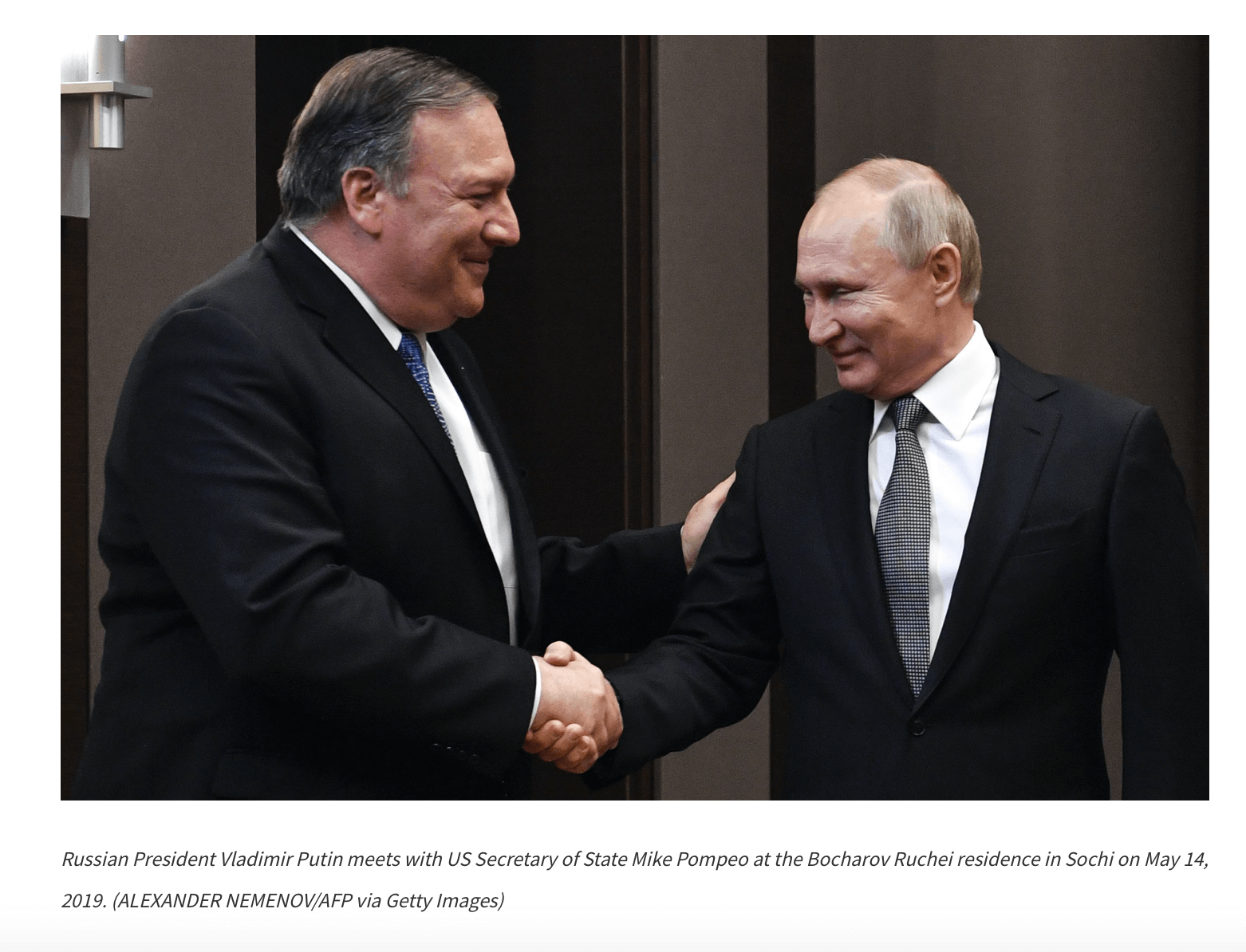U.S. Shifts Tone, Bluntly Urges Mubarak to Reform Now
By Arshad Mohammed
WASHINGTON (Reuters) – The United States bluntly urged Egyptian President Hosni Mubarak on Wednesday to make political reforms in the face of protesters demanding his ouster, in a shift in tone toward an important Arab ally.
In issuing a fresh call for reforms after a day of clashes between Egyptian police and protesters, Washington appeared to be juggling several interests: its desire for stability in a regional ally, its support for democratic principles and its fear of the possible rise of an anti-U.S. Islamist government.
U.S. Secretary of State Hillary Clinton delivered the message at a news conference with the foreign minister of Jordan, another Arab country that watched the ouster of Tunisia’s president in a popular revolt two weeks ago.
Police in Cairo fought with thousands of Egyptians who defied a government ban on Wednesday to protest Mubarak’s 30-year-old rule, firing rubber bullets and tear gas at the crowds and dragging away demonstrators.
The revolt in Tunisia has prompted questions about the stability of other authoritarian Arab governments and has depressed stock, bond and foreign exchange prices in parts of the region, notably in Egypt.
Clinton suggested Egypt’s government had to act now if it wanted to avert a similar outcome and urged it not to crack down on peaceful protests or disrupt the social networking sites that help organize and accelerate them.
“We believe strongly that the Egyptian government has an important opportunity at this moment in time to implement political, economic and social reforms to respond to the legitimate needs and interests of the Egyptian people,†Clinton said in a statement with Jordan’s Nasser Judeh at her side.
The Obama administration has urged reforms in Egypt in the past, although seldom with the urgency of Clinton’s remarks.
On Tuesday, Clinton had adopted a softer stance, saying the United States supported freedom of assembly and speech, urging all sides to refrain from violence and saying the Egyptian government was “looking for ways†to meet its people’s needs.
Genuine Change
Robert Danin of the Council on Foreign Relations think tank said Clinton’s remarks appeared for the first time since the Tunisian unrest to make clear what the United States wants to see in Egypt: genuine change originating from the government rather than a dramatic overthrow as occurred in Tunisia.
As the first Arab state to make peace with Israel, Egypt has much greater strategic importance to the United States than Tunisia. Egypt has long received major U.S. aid and supported Washington’s efforts to promote a wider Arab-Israeli peace.
“This is not a walking away from the alliance with Egypt in any way but, at the same time, putting the Egyptian government on notice that changes are going to have to come pretty quickly,†Danin said.
“It is trying to lay out a way there can be managed change if the regime is responsive to the people,†he said. “It (the Obama administration) doesn’t want to see the means adopted in Tunisia — which would necessitate the leadership to flee.â€
Tunisian veteran strongman Zine al-Abedine Ben Ali was swept from power on January 14 after weeks of protests.
In an article entitled “After Tunisia: Obama’s Impossible Dilemma in Egypt,†Shadi Hamid of the Brookings Institution argued that Ben Ali’s downfall had “called into question a basic premise of U.S. policy in the Middle East — that repressive regimes, however distasteful, are at least stable.â€
Hamid, director of research at the Brookings Doha Center, said Mubarak’s government was unlikely to fall quickly.
“The U.S. has a limited amount of time to, first, reassess its Middle East policy and, then, reorient it to ride with, rather than against, the tide of Arab popular rule,†he wrote in a piece published on theAtlantic.com.
“It can begin distancing itself from Mubarak by stepping up public criticism of regime repression and deepening contacts with the … opposition – liberals, leftists, and, yes, Islamists alike,†he added. “It is better to have leverage with opposition groups before they come to power than afterward.â€
The White House made clear it was watching events closely and supported Egyptians’ right to protest peacefully.
“This is an important time for the government to demonstrate its responsibilities to the people of Egypt in recognizing those universal rights,†White House spokesman Robert Gibbs told reporters aboard Air Force One.
(Additional reporting by Ross Colvin and Andrew Quinn; Editing by Peter Cooney)
13-5














2011
706 views
views
0
comments